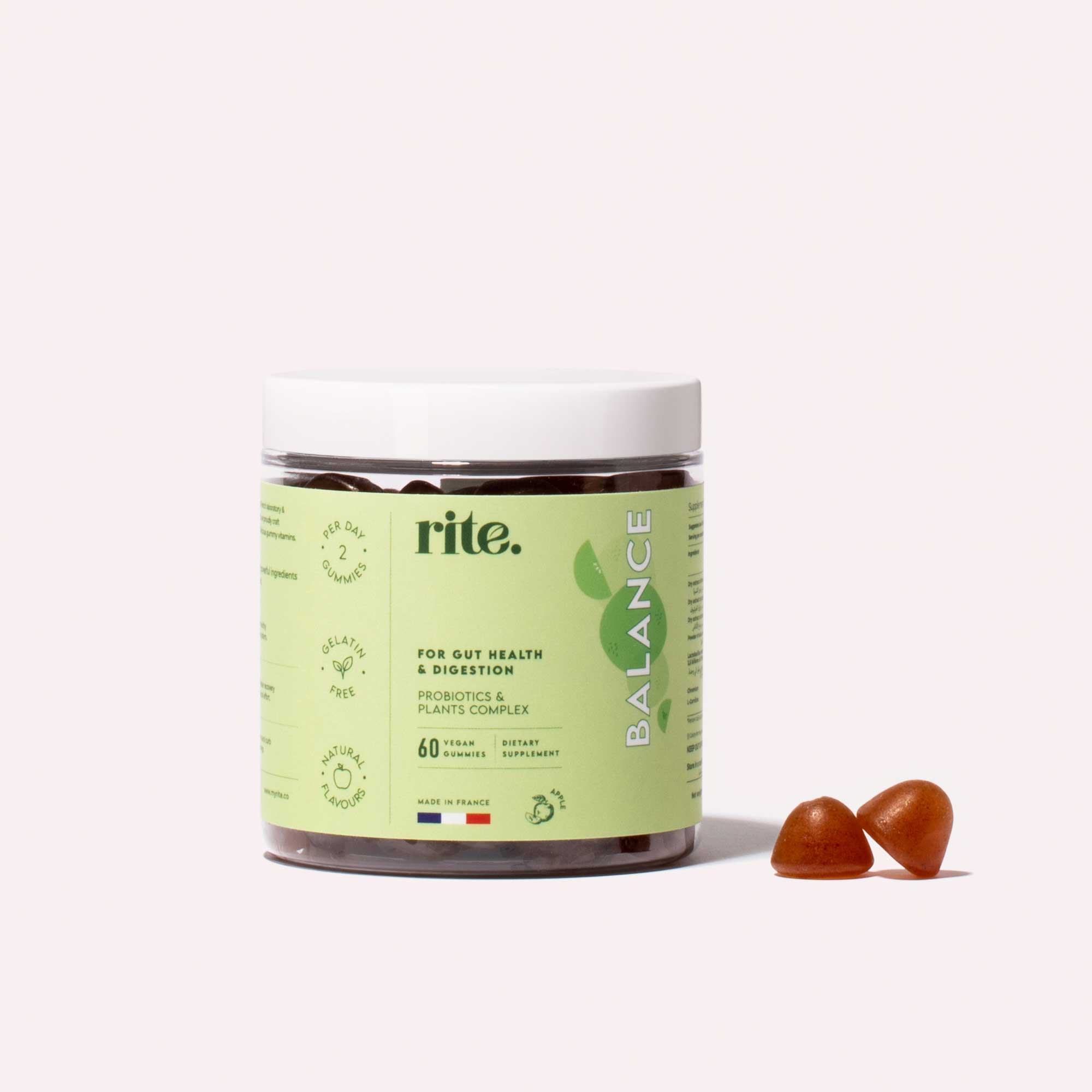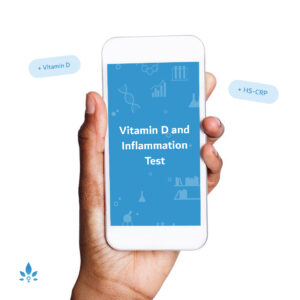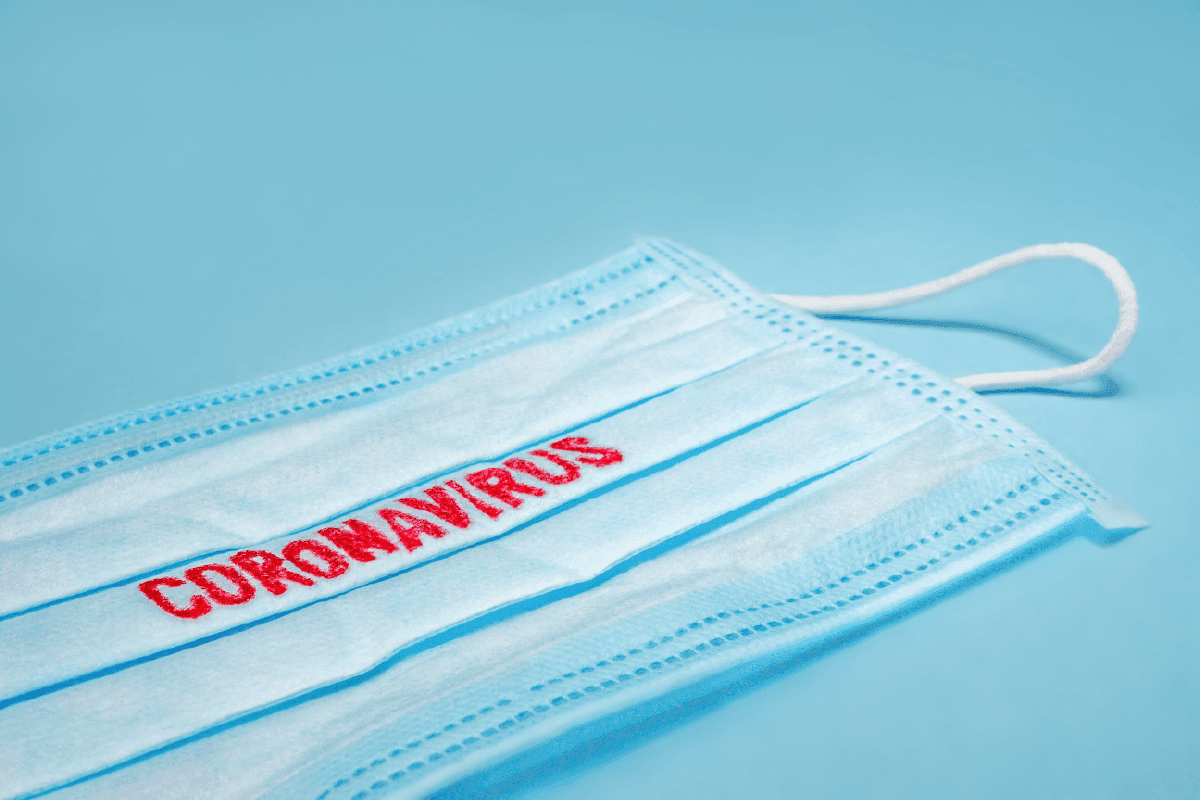Pertussis


Pertussis is a contagious infection of the upper respiratory system. Also known as whooping cough, the illness is caused by Bordetella pertussis bacteria. These bacteria affect the lining of the lungs, releasing toxins that cause narrowing of the airways and inflammation. Droplets of bacteria are scattered into the air when the affected person coughs, causing the disease to spread. Children who develop pertussis are typically infected by parents, other caregivers, or older siblings who may not be aware they have the disease.
Symptoms of pertussis
The early symptoms of pertussis are very similar to a cold, usually producing a mild cough or fever. After a period of one to two weeks, severe coughing fits occur. A whoop describes the sharp intake of breath that occurs at the end of a coughing fit characteristic of this disease. Children can become short of breath during this period of intense coughing, and their mouths may have a bluish appearance. Some children will cough so forcefully that they vomit. Severe coughing fits may last as long as four weeks and it is possible for the cough to remain for months.
Children under the age of one are the most likely to experience the most severe complications of pertussis. Each year in the US, over a dozen people die as a result of pertussis, the great majority of those deaths are in infants younger than three months of age. Infants with pertussis can become exhausted and are vulnerable to other types of infections, seizures, and pneumonia. Since infants are at the greatest risk for complications related to pertussis, infants under six months old are usually treated in the hospital initially. During this time, infants may have respiratory secretions suctioned out of their airways, their breathing will be monitored and they may be given oxygen in addition to antibiotics.
Treatment of pertussis
Pertussis is generally treated with antibiotics, typically for two weeks. Antibiotics are most effective when they are given before severe coughing begins. Treatment can also help stop the spread of pertussis, although antibiotics will not treat the cough itself.
According to the Centers for Disease Control and Prevention, cough medicine is unlikely to reduce the severity of coughing and it should not be given to children under the age of four unless recommended by your doctor. You can help to reduce your child\’s cough by using a cool-mist vaporizer.
Pertussis is one of the diseases that children are routinely immunized against vaccines. Ask your pediatrician about immunization schedules and recommendations.
Sources:
- American Academy of Pediatrics
- Whooping Cough.
Centers for Disease Control and Prevention - Pertussis Causes and Transmission.
Centers for Disease Control and Prevention - Pertussis Diagnosis and Treatment.
Centers for Disease Control and Prevention - Pertussis Outbreaks Trends.
Powered by Bundoo®













































